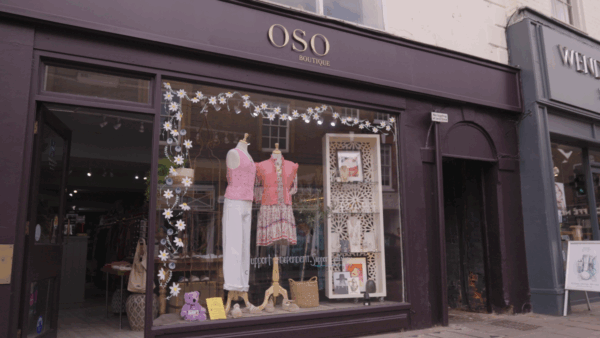Responding to the PM’s route out plan, Helen Dickinson OBE, Chief Executive of the British Retail Consortium, said:
“We welcome the additional clarity provided by the Prime Minister. While we are encouraged by a plan for non-essential stores to reopen, the heavy impact of the pandemic means some may never be able to. The cost of lost sales to non-food stores during lockdown is now over £22bn and counting. Every day that a shop remains closed increases the chances that it will never open again – costing jobs and damaging local communities.”
“Non-essential shops are ready to reopen and have been investing hundreds of millions on making themselves Covid-secure. Government should remain flexible and allow non-essential retail to reopen as soon as the data suggests it is safe to do so. Until it is permitted, retailers will need continued support from Government. We welcome the PM’s call ‘not to pull the rug out’ from under businesses. To this end, the Government must act on three vital issues – rents, rates and grants.
“To avoid further job losses and permanent job closures, the Chancellor must announce a targeted business rates relief from April and extend the moratorium on debt enforcement, as well as removing state aid caps on Covid business grants. This would relieve struggling businesses of bills they cannot currently pay and allow them to trade their way to recovery.”
Responding to the latest ONS Retail Sales Index figures, which showed a 2.3% decrease in overall sales (non-seasonally adjusted retail sales excluding fuel: J3L2), Helen Dickinson, Chief Executive of the British Retail Consortium, said:
“England’s third lockdown cut retail spending this month, as high street footfall remained down by over three quarters. Large non-food stores saw their thirteenth month of decline, increasing the risk of yet more retail stores being permanently shuttered. January’s lockdown has hit non-essential retailers harder than in November, with the new variant hampering consumer confidence and leading customers to limit spending, especially on fashion and textiles. Meanwhile, retailers have invested heavily in their online offering and click and collect services to ensure shoppers will still be able to access vital goods.
“Reviving our economy requires unlocking pent up demand that sits untapped in people’s savings accounts. The chancellor should therefore focus on unleashing, not stifling, demand, thus supporting the millions of jobs the retail industry supports in communities across the UK. Sadly, retail has been overpaying tax for too long. The industry is 5% of the economy, yet pays 10% of business taxes – this is neither fair nor sustainable. If Government wants to avoid further administrations of otherwise viable businesses, it must provide those firms which have been hardest hit by the pandemic with the necessary support. This means extending the moratorium on aggressive debt enforcement, removing EU state aid caps on support grants, and providing targeted business rates support to those companies worst affected by the pandemic.”
















